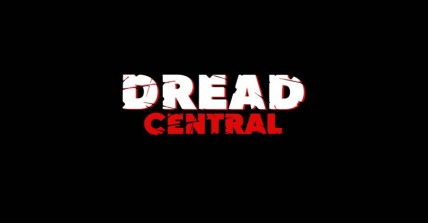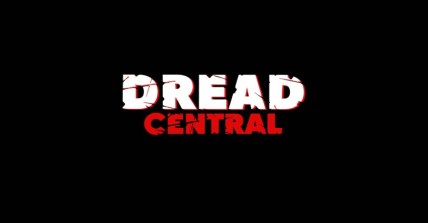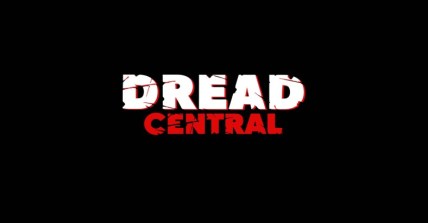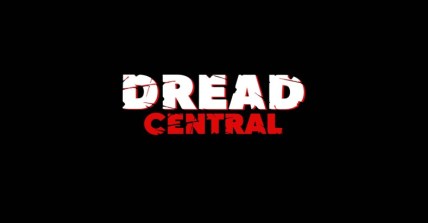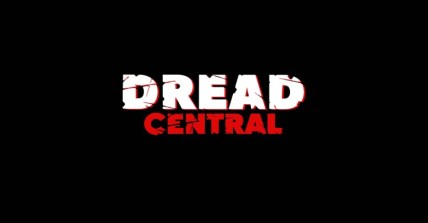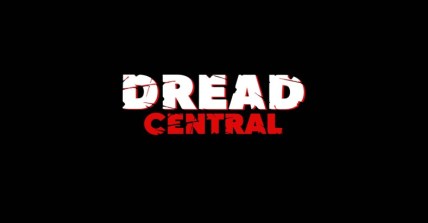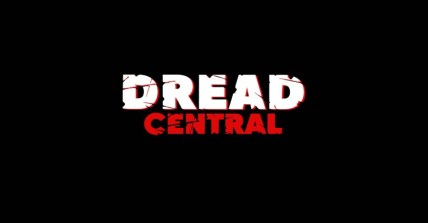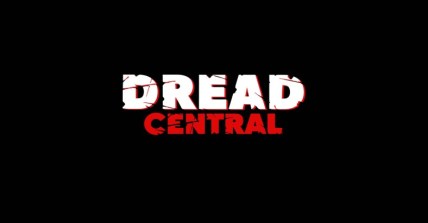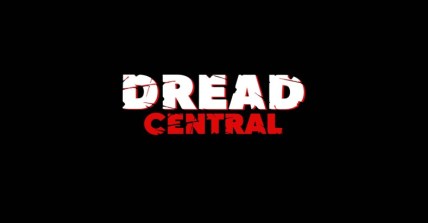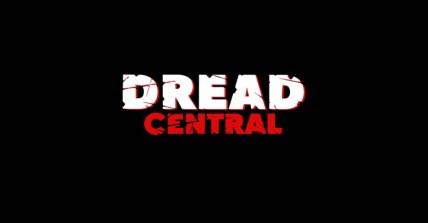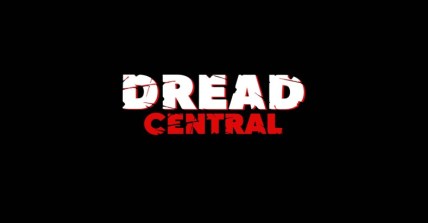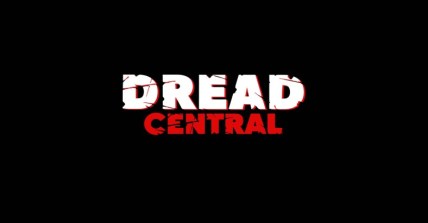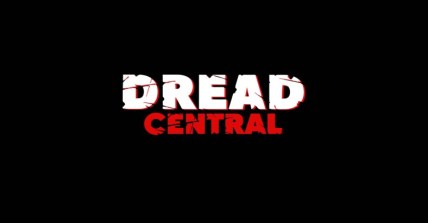The Limehouse Golem – Exclusive Interview with Writer Jane Goldman

In The Limehouse Golem, Victorian London is gripped with fear as a serial killer is on the loose and leaving cryptic messages written in the blood of his victims. With few leads and increasing public pressure, Scotland Yard assigns the case to Inspector Kildare, played by Bill Nighy, a seasoned detective who has a sneaking suspicion that he’s being set up to fail.
Faced with a long list of suspects, Kildare must rely on help from a witness to stop the murders and bring the maniac to justice.
We caught up with the film’s screenwriter, Jane Goldman. You may recognize her name from The Woman in Black, a horror movie also set in Victorian times. Goldman’s a true Gothic and genre fan, and here’s what she had to say about her inspirations for The Limehouse Golem.
Dread Central: How’d you come up with such an elaborate story? And how close is it to the novel?
Jane Goldman: Well, yes – It was adapted from a book that I absolutely fell in love with way before I became a screenwriter. I thought, ‘God I hope someone’s making a movie of this’ because I really wanted to see that movie! At that time it was in development, and there was going to be Terry Gilliam directing it. But it didn’t happen. The rights had become available, and did I want to do it! So that is how the thing happened. But yeah, I love that world, I love that milieu. The public appetite for horror, real-life horror and literary Gothic horror, can all be traced back to the Victorian era. That is always something that’s hugely interesting to me, and the story’s very much driven by that.
DC: We know you’ve already worked in period horror with the film version of The Woman in Black, but did you do some research to prepare for The Limehouse Golem or did you learn anything new? You’ve got the whole backdrop of the black-box theater here.
JG: I already had a lot of material around my house and knew those subjects. And having worked on The Woman in Black, I really enjoyed digging deeper and doing research on the music halls and the kind of people who worked in the music halls. It was the type of entertainment for Londoners that I adore – none of that research felt like work. It’s all stuff I enjoy reading up about. There was also lots in the book; it is fortunate that the author, Peter Ackroyd, is also a brilliant writer of nonfiction history books. I did additional research on the theater stuff, which was fun. Although some of those music hall comedy routines really don’t stand up (laughs).
DC: The characters are so richly drawn; did you know whom you were writing for?
JG: I didn’t know at all. At the beginning of the project it was just me and Stephen, the producer, so no, I didn’t dream of who might be cast in it. I was absolutely thrilled when we landed Bill Nighy. He’s such a lovely man and such a lovely actor. Also the only actor who has ever said to me in rehearsal, “Oh, please tell me if there’s any particular word you want me to emphasize in a sentence…” I so appreciated the gesture because you sometimes think – oh, I meant it like that, not like that – so, what an incredibly generous and lovely man, and he brought so much to the role himself, he really brought such incredible empathy to detective Kildare and I feel very fortunate to have gotten to work with him. They’re all so wonderful and so much exactly how I had imagined them. Olivia Cooke was absolutely lovely. I felt really fortunate that we got with this cast.
DC: Who have been some of your influences as a writer – not just literary, say, but in film and art as well?
JG: Oh, that’s a good question. I mean, I’m not all horror, but it always has been and always will be my favourite genre. There are absolute horror influences in this movie, but I’m quite aware that it’s not pure horror; it’s more suspense and mystery with horror elements I think. I absolutely grew up watching any horror film I could get my hands on and books. In terms of influence, short horror stories by Daphne Du Maurier like Don’t Look Now were hugely influential when I was growing up. Ira Levin as well, Rosemary’s Baby, when I was growing up, was very influential. Especially the fact that Daphne Du Maurier, feeling that a woman could write horror, definitely influenced me. And also, rather embarrassingly, I as a young person, thought that Ira Levin was a woman as well, because being English I’d never heard of anyone being called Ira! I thought it was a woman’s name (laughs). In terms of movies, there are so many horror movies that I love, I don’t know that any are a direct influence, but certainly a lot of my favourite movies are horror. I will watch any horror movie.
Bill Nighy, Olivia Cooke (“Bates Motel”), and Douglas Booth (Pride and Prejudice and Zombies) star in the flick written by Jane Goldman (Kingsman: The Secret Service, The Woman in Black). Juan Carlos Medina directs.
Look for it in theaters and on VOD and Digital HD on September 8, via RLJ Entertainment.
Synopsis:
The city of London is gripped with fear as a serial killer – dubbed The Limehouse Golem – is on the loose and leaving cryptic messages written in his victims’ blood. With few leads and increasing public pressure, Scotland Yard assigns the case to Inspector Kildare (Bill Nighy) – a seasoned detective with a troubled past and a sneaking suspicion he’s being set up to fail.
Faced with a long list of suspects, including music hall star Dan Leno (Douglas Booth), Kildare must get help from a witness who has legal troubles of her own (Olivia Cooke) so he can stop the murders and bring the killer to justice.
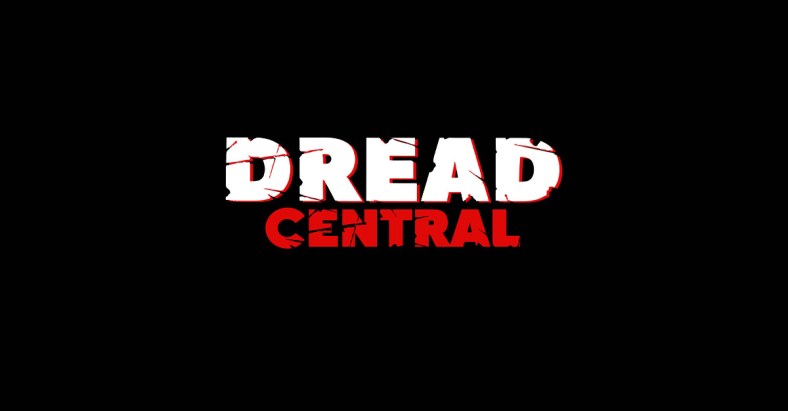
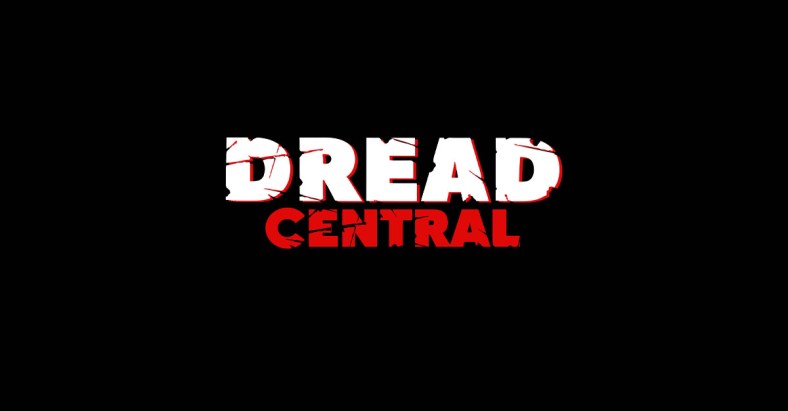
Categorized:News

